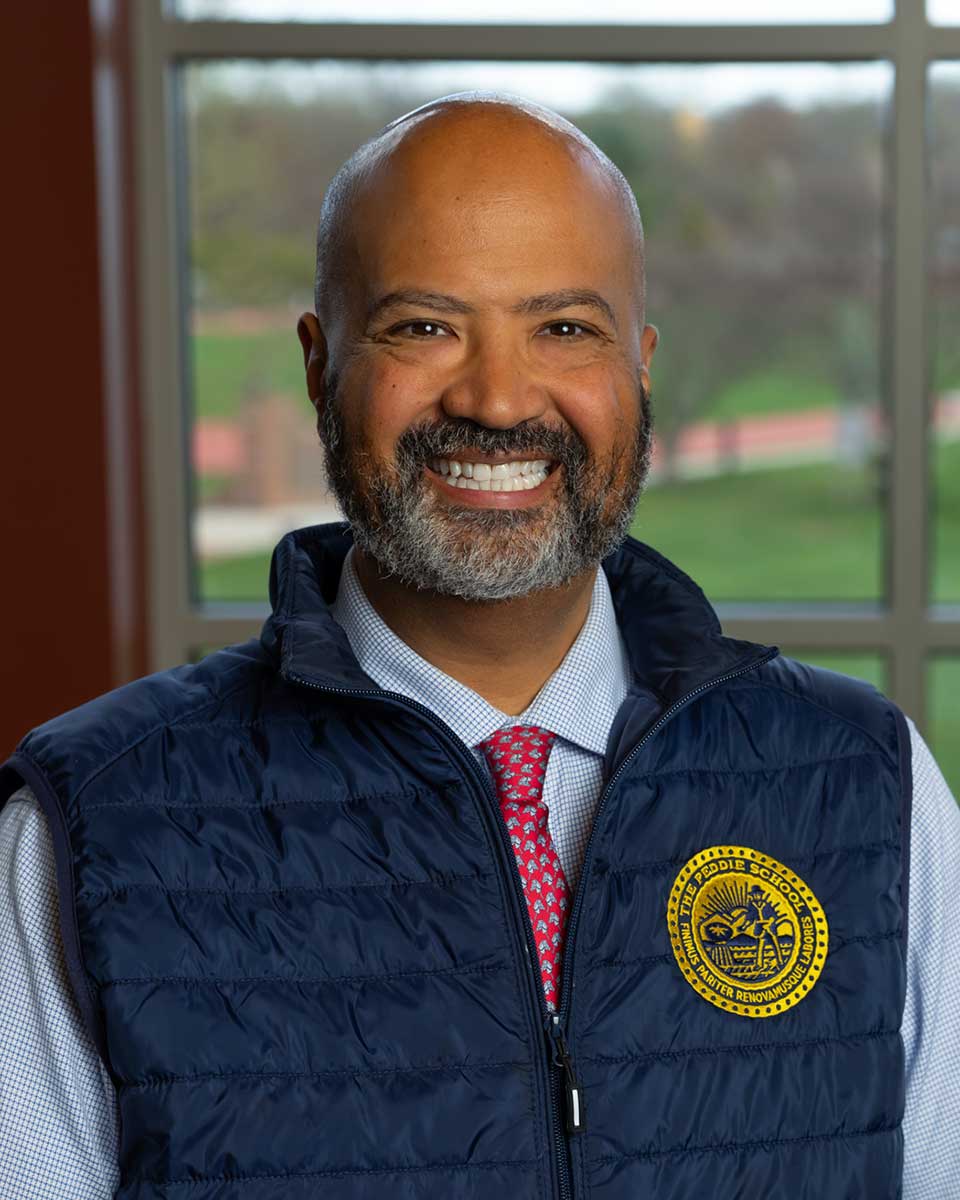Academics
Salmon at sea
From the Fall/Winter 2018 Peddie Chronicle
Meredith Salmon prefers to spend her summers in the field.
“I consider myself an adventurous person,” said Salmon. “I prefer to do something outside and science-related during the summer. That’s interesting to me and beneficial as a teacher.”
This summer the Peddie biology teacher spent three weeks at sea aboard the Okeanos Explorer helping scientists conduct undersea mapping research off the coast of Bermuda. She participated in the expedition as part of the National Oceanic and Atmospheric Administration’s (NOAA’s) Teacher at Sea program, which bridges science and education through real-world research experiences.
Being involved with this unique opportunity to understand the wonders of the unknown ocean has helped me invigorate my classroom with a sense of wonder, discovery and adventure.
Salmon boarded the Okeanos Explorer in Norfolk, Virginia on July 12, and spent 20 days working side-by-side with world-renowned scientists using cutting-edge science to map mostly unknown areas of the ocean south of Bermuda. In total the team mapped 52,000 square kilometers, an area almost three times the size of New Jersey.

Meredith Salmon launches XBT probes aboard the Okeanos Explorer in July.
The probes are used to measure water temperature and reveal ocean depth.
Roughly 95 percent of the ocean is still unexplored, and the Okeanos Explorer is helping to change that. Scientists use the ship’s deepwater sonar mapping system to uncover seafloor features and explore the seafloor using temperature and depth sensors, and a remotely operated vehicle (ROV). Using telepresence technology, the ROV sends images and high-definition video to the ship and scientists ashore, all in real-time.
Salmon has already incorporated data collected from the expedition into her classroom activities and laboratory experiments. And, since the Okeanos is equipped with telepresence capabilities, Salmon will be able to stream images and video from future expeditions in the classroom. “Having students engaged directly with those completing research in real time will enable them to put the research into context, and make associations between the ocean and their local ecosystems,” she said.
Salmon is looking forward to using what she learned on the Okeanos to create a marine science elective, which Peddie will offer in the spring. The elective will provide real-life experience for students interested in oceanographic and science-related career paths, she said.

Salmon took this photo aboard the Okeanos Explorer in July.
“One of the best parts of being in the middle of the ocean has definitely been watching the sunsets,” she wrote in her blog.
This year, NOAA received applications from nearly 300 teachers for its Teacher at Sea program. Salmon was one of 35 teachers accepted into the program and the only teacher stationed on board the Okeanos. She joined a crew of 37 people that included NOAA officers, graduate school students, recent college graduates, engineers and cooks.
“We had such a good group of people, which is important when you are stuck on a boat in the middle of the ocean,” said Salmon. “We grew to be really close and truly enjoyed each other’s company.”
Salmon called the experience “one of the highlights of my teaching career.” She added, “Being involved with this unique opportunity to understand the wonders of the unknown ocean has helped me invigorate my classroom with a sense of wonder, discovery and adventure.”
